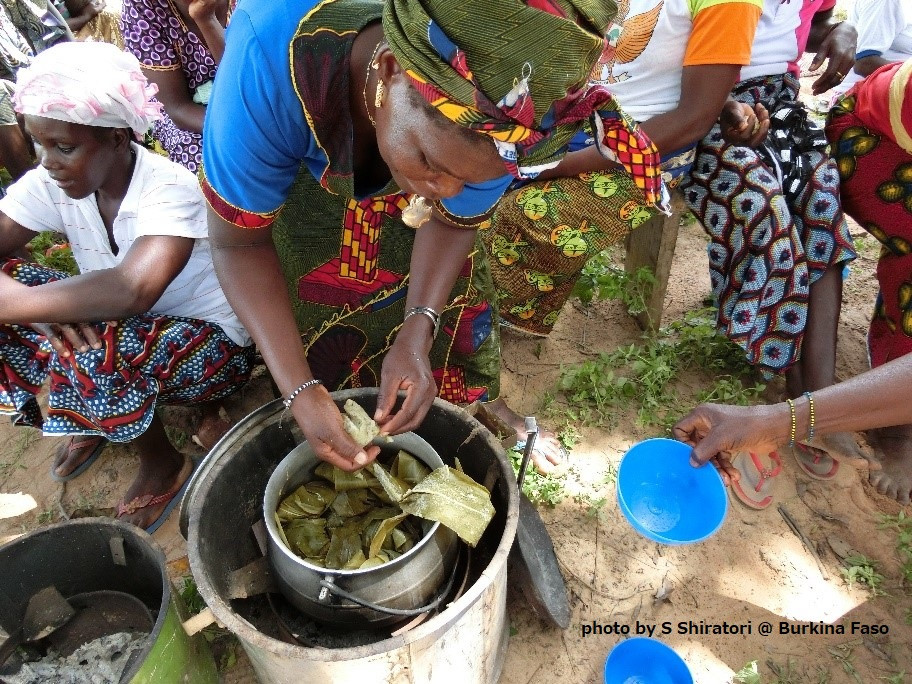Pick Up
406. The Concept of Food Sovereignty

In recent years, there has been a lot of talk about changing the food system, and one of the words we hear in this discussion is "food sovereignty. What exactly is food sovereignty?
The term "food sovereignty" first appeared on the international stage in 1996, and the food sovereignty movement developed in the 1990s and 2000s. In 2007, the International Forum on Food Sovereignty was held in Nyéléni, Mali, and the Nyéléni Declaration defined food sovereignty as "the right of people to healthy and culturally appropriate food produced through ecologically sound and sustainable methods, and their right to define their own food and agriculture systems”.
Food sovereignty is a political movement that emphasizes that it is producers, distributors, and consumers, not corporations or markets, that have the right to control the food system. It has grown as a reaction to the increasing industrialization of agriculture, the growing dominance of large corporations in the global food system, and a diet dominated by imports and processed foods. The centerpiece of the food sovereignty movement, the international peasant organization La Via Campesina, has grown to embrace 200 million members from 81 countries with diverse backgrounds.
Food sovereignty is often contrasted with food security. Initially, they were quite different in nature, but as their definitions have changed, they have become non-conflicting concepts. Food security is said to be an explanatory concept and tool for understanding hunger and malnutrition, while food sovereignty differs in that it involves political strategies.
Reference
Carlile, R., Kessler, M., & Garnett, T. (2021). What is food sovereignty? TABLE Explainer Series. TABLE, University of Oxford, Swedish University of Agricultural Sciences and Wageningen University & Research. https://tabledebates.org/building-blocks/food-sovereignty Accessed on Oct 20, 2021.
Contributor: SHIRATORI Sakiko (Information and Public Relations Office)
